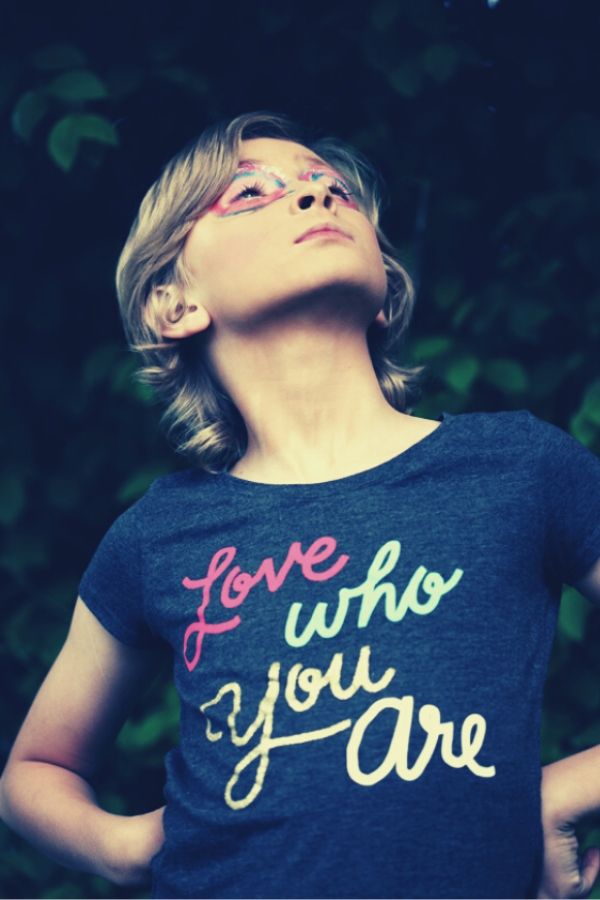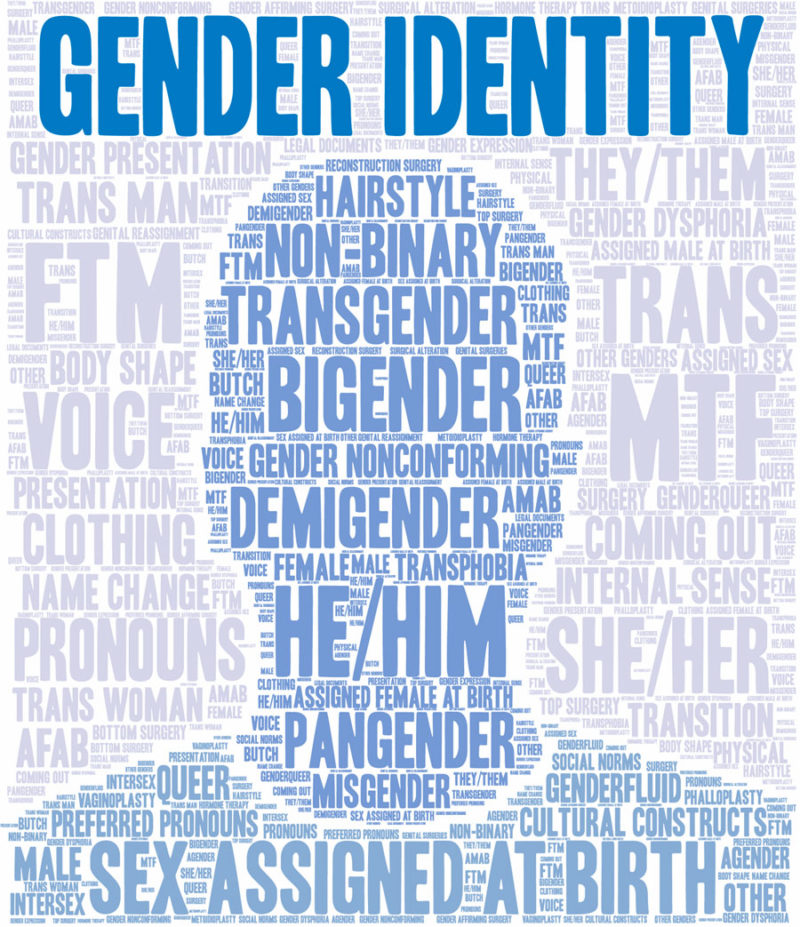Gender Identity
“The takeaway is that only you know who you were born to be, and you need to be free to be that person.”
— Ruby Rose
What is gender identity?
As our society and technology have become more open and accessible, more people are asking about gender. What is it? Why does it matter?
Gender refers to the socially constructed roles, behaviors, expressions and identities of girls, women, boys, men, and gender diverse people. Gender influences how people see and understand themselves and each other, how they act and interact, and the distribution of power and resources in society.
Many people think about gender in a very narrow way, such as girl/woman and boy/man. Yet, there is considerable diversity in how individuals and groups understand, experience, and express gender.
Throughout history, among and between societies, norms, roles and relationships between and among men and women have been constructed and have evolved in an ongoing way.
Masculinity and femininity are defined, lived, and challenged daily as individuals consider, engage with, and even change the varying aspects of gender through
- the way they identify their bodies,
- their ideas of femininity and masculinity,
- who they find themselves attracted to, and
- how they want to live in the world.
Though gender roles are defined by society, individuals’ identities develop in line with, and sometimes in opposition to, social definitions.


Gender matters, because resources in our society are often allocated differently according to gender, and this can cause real hardships which contribute to emotional upheaval.
Additionally, learning to feel at home in self, that is mind, body and spirit, can be complicated when we do not feel at home in our families or our communities. Isolation, loneliness, inability to feel accepted by self or others, and especially not feeling safe in the world at large create a sense of otherness which can be an exhausting burden.
How is counselling beneficial?
When individuals find themselves
- challenged by the obligations of their roles,
- challenged by the social expectations assigned to their sex,
- questioning their own identities, or
- seeking ways to navigate the social challenges of difference
counselling can be one way of exploring, questioning, and redefining in a safe and accepting environment. Counselling sessions can be a place to explore, discover, come to terms with and have support for the challenges that may come.
“You do not identify in a gender. You are just you…you are your own special creation. That is how I take it. I am not male or female. I think I float somewhere in between – somewhat on the spectrum.”
— Sam Smith
